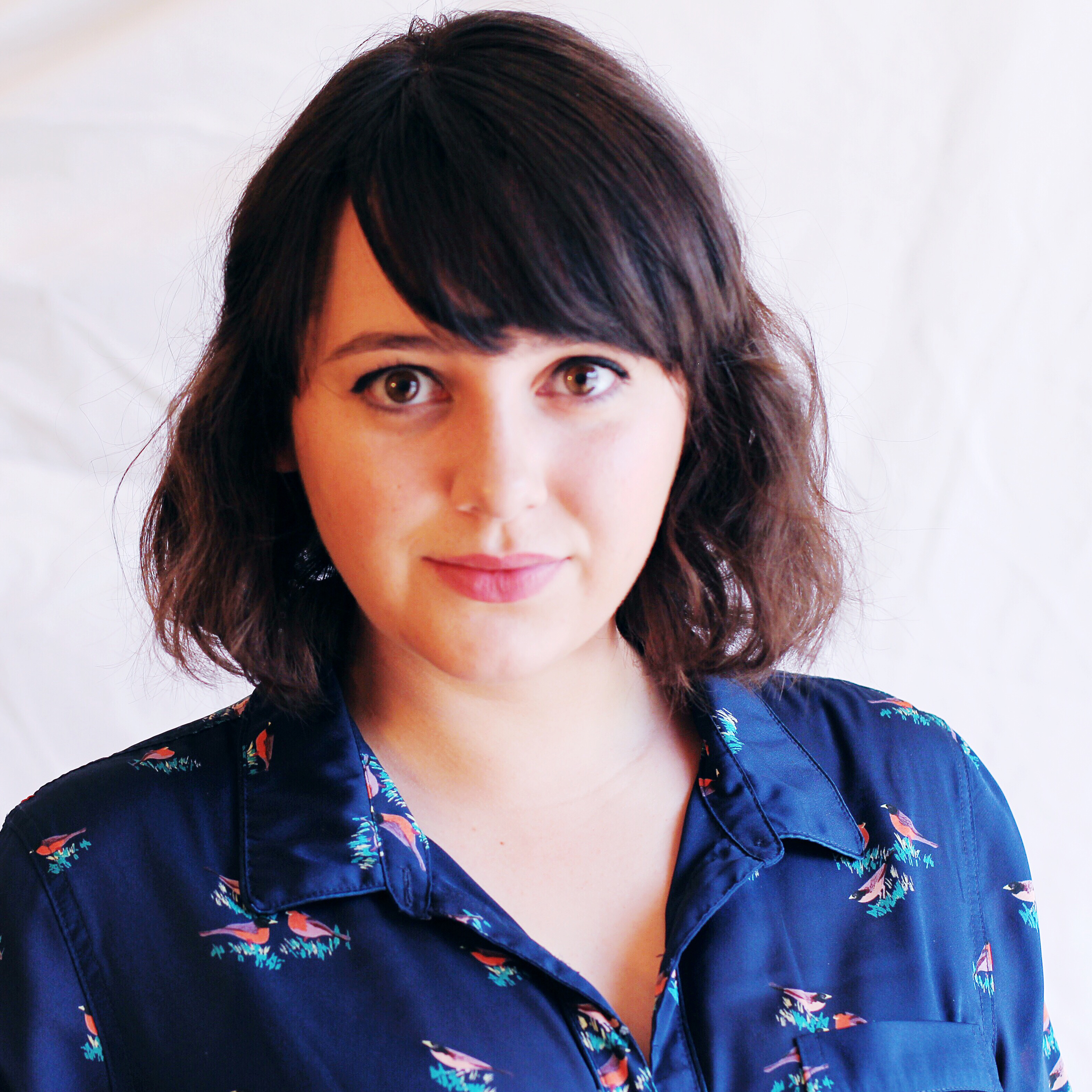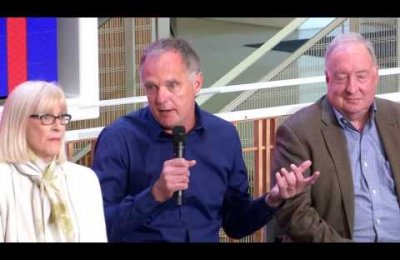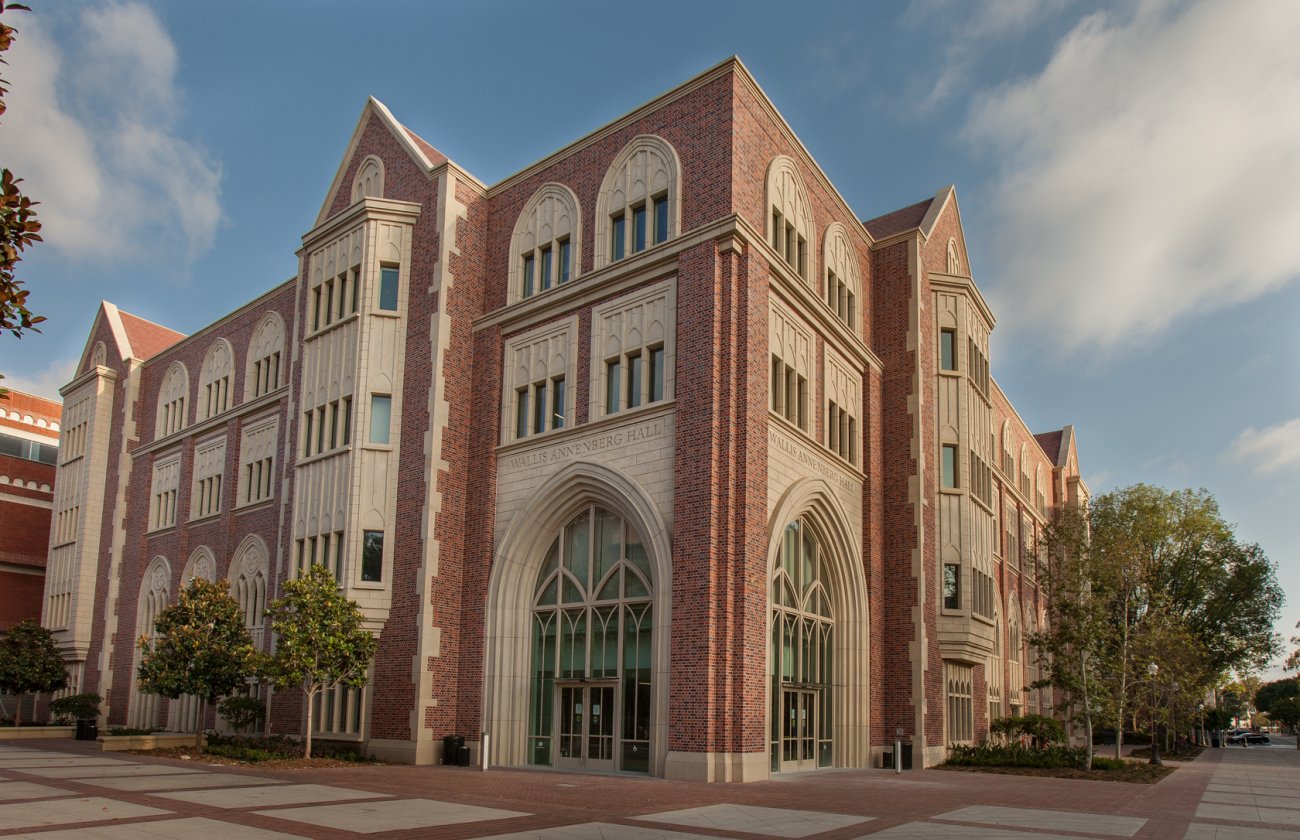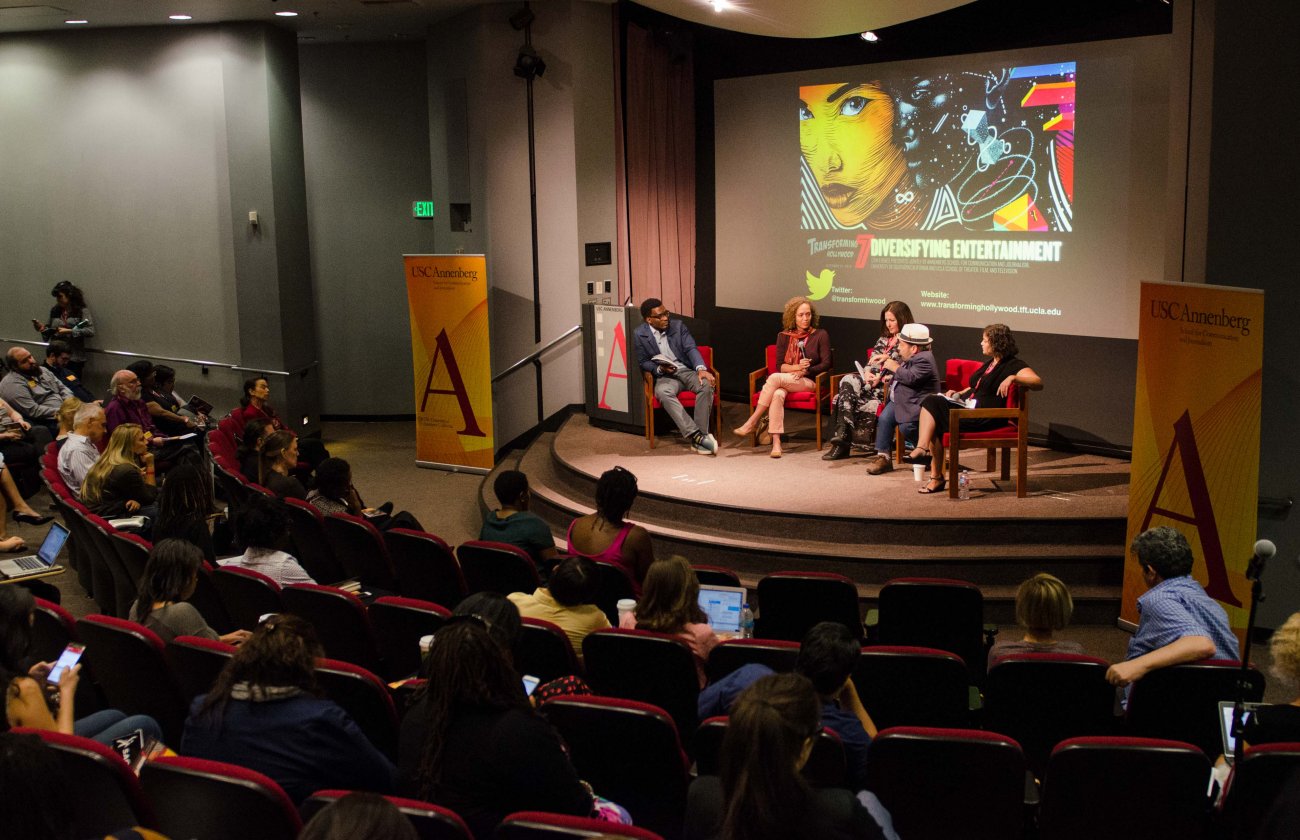At USC Annenberg, we don’t just cover the news, we make it. “Quoted: USC Annenberg in the News” gathers a selection of the week’s news stories featuring and written by USC Annenberg’s leaders, faculty, staff and others.
When emotion trumps information: The importance of storytelling in promoting civic participation
Marty Kaplan, professor and director of USC Annenberg School’s Norman Lear Center, was asked to offer his thoughts on voting and civic participation, inspired by the Knight News Challenge on Elections, which asks the question: How might we better inform voters and increase civic participation before, during and after elections? "If civic engagement is a religion, its god is going through a rough patch," Kaplan wrote. "Declining electoral participation is a symptom of the dispiriting but not unreasonable erosion of moral confidence in democratic institutions." Kaplan concluded by telling Knight News Challenge applications that the public’s cynicism is well earned, "and not a misunderstanding that a cool civic app can dispel."
In the Middle East, Events Are Outpacing U.S. Policy
Vice Dean Philip Seib said there are five factors that guarantee rough times are ahead for the U.S. in the Middle East. His new column for The World Post looks at these five factors and how, collectively, they will cause major problems in the years ahead. "There is no evidence of a strategic or a moral compass guiding U.S. policy in the region," Seib wrote. "In this era of pervasive media, every venue from Al Jazeera to Twitter provides Arab audiences with daily reminders of American fecklessness." Seib noted the Obama administration began dealings with the Arab world on a hopeful note, but since then, "American policy has been perceived as hostile, or at least uncaring, toward Arabs."
Presidential long shots often win big after losing election
Donald Trump recently announced of the formation of a presidential exploratory committee. In the Los Angeles Times' political analysis of his announcement and other long-shot candidates, the newspaper noted "he stands no chance of winning" and yet he "has underscored a growing phenomenon ... the pursuit of the White House has become a self-promotional ploy for some, exercised for fun and profit." Professor and director of USC Annenberg School’s Norman Lear Center, Marty Kaplan is also a former Democratic speechwriter. Kaplan offered his response to Trump's announcement for the Times' article. "If Donald Trump is a candidate, why not anyone who made it to the finals of 'The Bachelor'?" Kaplan asked.
The real star of SXSW Interactive: Humans
From the USC Annenberg Innovation Lab, doctoral student Francesca Smith and technical director Geoffrey Long were quoted in Digiday's story on the power of the human given the wearables and customization revolution. "Distracted, discerning and demanding, audiences expect to do things exactly the way they want," Smith said. "Customization is the name of the game." Long said wearables that react to biometric levels and the outside environment will "take hyper personalization to a whole new level and collapse the distance between reality and fiction."
In a new column for The Huffington Post — also published by the Jewish Journal — professor Marty Kaplan questioned how we can follow the ever changing diet and exercise advice shared in the media. His column was inspired by the Academy of Nutrition and Dietetics recently giving Kraft Singles a nutrition seal. "You might think such a logo is a nutritional seal of approval, just as you might think the academy is a reliable source of guidance for parents," Kaplan wrote. He goes on to discuss the numerous "healthy" labels foods have been given over the years, the medical or scientific "evidence" that supports the latest fad, and the media's coverage of them. "As each new study seems to contradict the previously contradictory advice that we've barely re-rejected, skepticism toward all studies looks like a reasonable response," Kaplan wrote. "Unstable norms make it easier for Kraft to cut a mutual endorsement deal with the Academy of Nutrition and Dietetics.
Important reminder: Superman was an undocumented immigrant.
Professor Henry Jenkins wrote about his research on media, activism and participatory politics for Fusion's "Origin Stories." Jenkins specifically discussed the appropriation of the superhero as an example of how contemporary popular culture is inspiring the civic imagination. "Everywhere you look, young people are using elements poached from popular culture to express their struggles for social justice and to question what kind of political structures they want to occupy," Jenkins wrote.
California’s public records law has ‘no teeth,’ experts say
The purpose of the California Public Records Act is to make government records easily accessible to the public. However, the 1968 law has been revised numerous times over the years, and never for the better. Professor Jonathan Kotler told the Long Beach Press Telegram: "It's got no teeth." Other states have strong public records laws, Kotler noted, especially Florida — which has has only once had to prosecute an agency for failing to comply with its public records law. "And that was enough," Kotler said. “I’m a big believer in penalties to achieve good conduct, whether it’s speeding on the freeway or access to government, and I think that unless you have some sort of negative penalty to get things done, nothing’s going to get done. There needs to be penalties."
Texting while driving kills, but will we stop?
In a new study by the Center for the Digital Future, it was discovered that while 87 percent of respondents agreed it is dangerous to text while driving, 18 percent said they cannot "resist the urge" to use their phones behind the wheel. Professor and director of the CDF, Jeffrey Cole, told USA Today: "People are admitting that it's dangerous to text and drive, but it's still a behavior that people cannot shake."
Those Jingoistic, Nationalistic, Patriotic Cartoons
A Zócalo Public Square “Open Art” on the many roles cartoonists play and have played over the past century, was moderated by professor Marty Kaplan, director of USC Annenberg School’s Norman Lear Center. In their coverage of the event, Zócalo noted the questions Kaplan posed to the panelists. Before a question-and-answer session with the audience, "Kaplan asked the panelists if they feel magazines and newspapers should have reprinted controversial cartoons from the French satirical magazine Charlie Hebdo in the wake of a terrorist attack." Earlier this year, USC Annenberg held a discussion panel on this same topic.
Six Boston 2024 employees make over $100,000 a year
The Boston Globe reported that with Boston's 2024 Olympic bid, former governor Deval Patrick will earn $7,500 a day for occasional travel as a global ambassador, selling the city and its vision for the Games to the International Olympic Committee. Professor Daniel Durbin, who is also director of the USC Annenberg Institute of Sports, Media, and Society, told the Globe that it is a common practice to use former politicians on bid teams. “There is nothing more political than an Olympic bid,” Durbin said. “You need as many influential, coercive personalities as you can get.”
The Workplace Is Even More Sexist In Movies Than In Reality
FiveThirtyEight noted that movies seem to take place in an "alternate universe where men outnumber women by more than 2-to-1..." and women have jobs that reinforce gender stereotypes. Research by professor Stacy Smith and the Media, Diversity, & Social Change (MDSC) Initiative was cited in the story, specifically noting that only 3.4 percent of characters working as top-level business executives were women. “Not one speaking character plays a powerful American female political figure across 5,839 speaking characters in 129 family films," MDSCI's report stated.
The Global Broadband Adoption Gap Needs Greater Attention
Research by the Center for the Digital Future was cited in a TechCrunch article on internet access. According to the CDF’s World Internet Project, not having a computer was the main reason for U.S. non-users remaining offline.
Christopher Hill: A Diplomat at Work
Vice Dean Philip Seib reviewed a new book by former U.S. ambassador to four countries and senior State Department official, Christopher R. Hill, for The Huffington Post. "Outpost: Life on the Frontlines of American Diplomacy" will give readers a sense of how modern diplomats do their jobs, according to Seib. "Some memoirs concentrate on self-promotion and score-settling, but Hill avoids the former and mostly eschews the latter," Seib wrote. "He focuses instead on the on-the-ground work of the diplomat, which may entail dangerous forays far beyond embassy walls."










